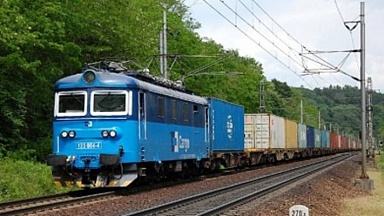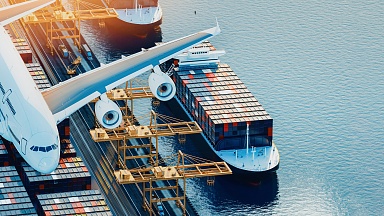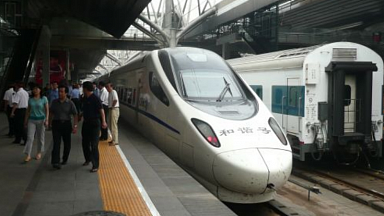About 19.5% of battery-powered EVs sold in the EU last year were from China, with close to a third of the sales in France and Spain constituting EVs shipped from the Asian country, the European Federation for Transport and Environment (T&E) reported in a paper shared Wednesday.
The share of made-in-China vehicles in the region is expected to rise to just over 25% in 2024, according to the T&E research, as Chinese brands such as BYD ramp up their global expansion.
While most EVs sold in the EU are from Western brands such as Tesla, which manufactures and ships EVs from China, Chinese brands alone are set to account for 11% of the region’s market in 2024. That share could reach 20% by 2027, T&E predicted.
The findings come as the European Commission probes subsidies given to electric vehicle makers in China to determine if they unfairly undercut local companies. Non-Chinese brands that ship from China, such as Tesla and BMW, could be included in the ongoing subsidy investigation.
According to Tu Le, founder of Sino Auto Insights, incentives put in place in China in the early 2010s led to a surge in startups and increased battery cell capacity in the country, paving the way for affordable EVs.
The EU is focusing its China EV probe on production-side subsidies
«The EU and the US are so far behind because they don’t have quality EVs at affordable prices because the legacy automakers have only really recently focused on designing & engineering them,» he added.
T&E suggested it would take raising EV tariffs to at least 25%, from the current 10%, for «medium» electric cars such as sedans and SUVs from China to become more expensive than their EU equivalents, though compact SUVs and «larger cars» would remain slightly cheaper.
However, the policy group said this would also require Europe to become more self-sufficient in battery cell production for the domestic EV industry.
«The conundrum they see themselves in is that they can’t build affordable (and profitable) EVs without Chinese batteries because the Chinese are so far ahead of both the EU & US on the mineral mining, refining and manufacturing sides,» said Sino Auto Insights’ Le.
In response to policy risks associated with shipping made-in-China EVs to Europe, China-based manufacturers such as Tesla and BYD have ramped up manufacturing efforts in the continent. Tesla is seeking to expand its assembly plant in Germany, while BYD plans to build a factory in Hungary.
«The aim [of tariffs] should be to localise EV supply chains in Europe while accelerating the EV push, in order to bring the full economic and climate benefits of the transition,» T&E said in their report.




